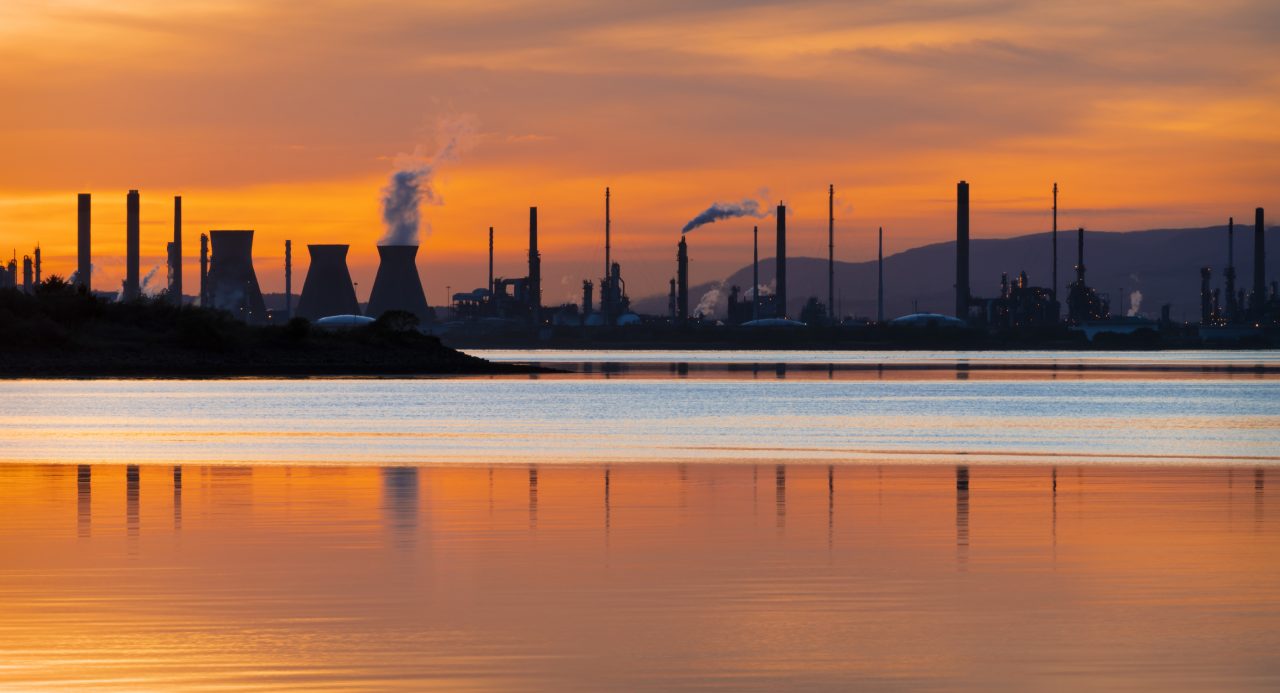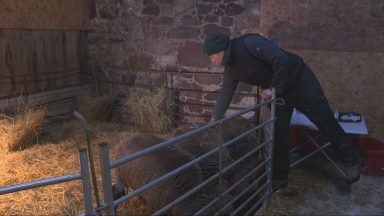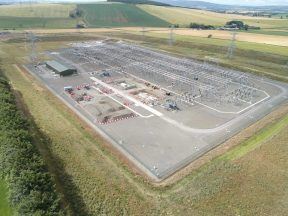The North of Scotland is in a “prime position” to become the country’s carbon capture capital – however the UK risks missing out on fully benefiting from the industry without action to “solidify its reputation”.
Analysts say the UK has enough capacity to hold two centuries’ worth of emissions from source rather than allowing them to pollute the atmosphere.
However, a new Offshore Energies UK (OEUK) report added the British supply chain was “fragile,” warning the country was at risk of losing the industry to more attractive opportunities abroad unless plans to capitalise on the technology were put in place.
The North Sea, off the coast of Aberdeenshire, and the Atlantic Ocean, off Shetland, are among the areas cited as being able to handle the largest proportion of the 78bn tonne capacity in UK rock formations.
The report, commissioned by the Department for Business, Energy and Industrial Strategy, added carbon capture and storage could be worth £20bn to the economy within the next decade.
Katy Heidenreich, OEUK’s supply chain and operations director, urged the UK government to “seize the first mover advantage” by investing in the sector for the future.

She added: “Carbon capture and storage is going to be a key tool in our fight against climate change. It offers a huge opportunity for the UK supply chain to help energy intensive industries cut emissions.
“If we get this right, it could unlock £100bn-worth of work for UK manufacturing employers by 2050. This will support UK jobs, cut emissions, boost the economy, and develop skills which can be exported globally.
“Northeast Scotland and Shetland are among the best-placed regions to take advantage of and benefit from these exciting new technologies.
“Lots of progress has been made, but without urgent action the UK will miss out on the opportunity to secure a leadership position in this exciting new sector.”
Carbon capture works by capturing the carbon dioxide at source, rather than letting it go out into the atmosphere.
The bulk of the storage is in the North Sea and the paper also said there was an opportunity to use the geological formations and depleted oil and gas reservoirs to store emissions from other countries.
Last year, the UK Government awarded “Track-1” funding status to two carbon capture projects – both located in England.
The Scottish Cluster Project, based around the Acorn development in Aberdeen, was placed on a reserve list known as “Track-2,” though there is currently no word on when that will be available.
A Scottish Government spokesperson branded that decision a “serious mistake which shows a clear lack of ambition and leadership on climate change”.
They added: “Carbon capture utilisation and storage (CCUS) will also be a vital part of our energy transition that can drastically reduce emissions from electricity generation whilst ensuring flexible security of supply and also enabling negative emissions technologies.
“The advice from the Climate Change Committee describes CCUS as a “necessity, not an option” to achieve net zero emissions and that Scotland could achieve net zero by 2045, ahead of the rest of the UK, in part due to ‘the excellent opportunities to remove CO2 from the atmosphere through carbon capture and storage in Scotland’.
“The Scottish Government has offered £80m to help accelerate the cluster and remains committed to supporting the continued growth and development of CCUS to ensure Scotland reaches its net zero goals by 2045.”
Follow STV News on WhatsApp
Scan the QR code on your mobile device for all the latest news from around the country


 iStock
iStock
























